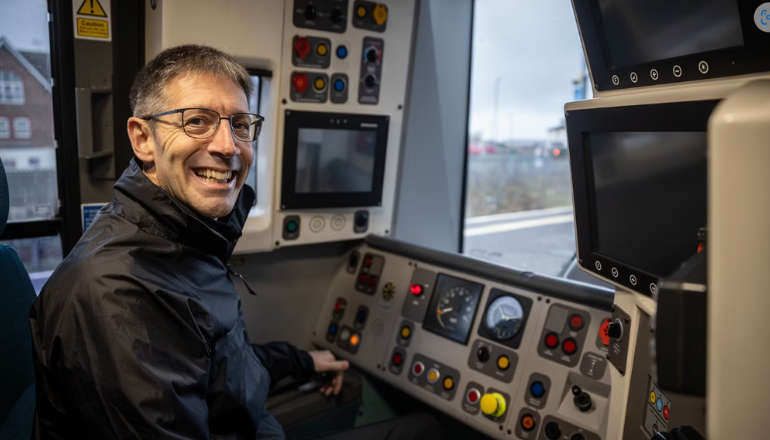
The council said that it had put a stop to all non-essential spending to try to reduce a £3 million gap in its budget for schools, children and families.
More than half of the sum relates to home to school transport and children’s social care.
But a shortage of foster parents means that more youngsters are being placed in children’s homes at much greater cost.
And an increase in demand for the council’s home to school transport service combined with a shortage of drivers, escorts, contractors and vehicles has added to existing financial pressures.
The problems are set out in a report to Brighton and Hove City Council’s Children, Young People and Skills Committee which is due to meet next Monday (9 January).
The report said that all care packages were under review and that officials were looking at other ways to tackle the overspending.
The report said:
“The post-pandemic period has seen children with increasingly complex needs as well as problems in foster care recruitment causing an acute sufficiency issue making placing children in families either in-house or with external providers very difficult.
“This has inevitably led to increasing numbers of children being placed in residential homes or very expensive semi-independent placements.
“The number of resident children in care has reduced although the number of unaccompanied asylum-seeking children has increased, accounting for 15 per cent of our children in care numbers.”
Last month, councillors shared their concerns that more than 130 young asylum-seekers had gone missing from hotels in Hove where the Home Office had placed them.
The Home Office started placing young people locally 18 months ago without Brighton and Hove City Council’s knowledge or consent, Green councillor Hannah Allbrooke said last month.
Other financial pressures have resulted from the growing number of young people leaving care who need financial support for housing. The number went up from 118 in 2021 to 142 in 2022.
Overspending on home to school transport was partly down to higher demand but also because more children need to travel alone rather than in with others because of their special needs.
More children and young people are also in specialist schools outside Brighton and Hove as part of their “education, health and care plan”.
Higher average staff and fuel costs have combined with the shortage of drivers, escorts, vehicles and contractors to exacerbate a problem that is facing many other councils.
The report said:
“These shortages are not unique to Brighton and Hove. They are being seen across the country.
“A benchmarking exercise is under way to ascertain the scale of the problem by the Department for Education who have declared that nationally home to school transport is at significant risk of failure due to these unprecedented issues.
“There is increasingly less capacity in the local system to meet increasing demand, not just in the numbers of children requiring transport but the nature of the transport requirements.”
All job vacancies are being scrutinised to determine whether they can be filled by redeploying staff or increasing people’s hours, the report said.
But part of the challenge arises because care workers and social care staff are required to maintain statutory services – those required by law.
The committee is due to meet at Hove Town Hall at 4pm next Monday (9 January). The meeting is scheduled to be webcast on the council’s website.


 Appeal Following Serious Collision In Portslade
Appeal Following Serious Collision In Portslade
 Boy, 15, Charged With Two Counts Of Attempted Murder
Boy, 15, Charged With Two Counts Of Attempted Murder
 Meet The Southern Train Driver Magistrate Delivering Justice In Sussex
Meet The Southern Train Driver Magistrate Delivering Justice In Sussex
 Witnesses Sought Following House Fire In Eastbourne
Witnesses Sought Following House Fire In Eastbourne
 University Of Brighton Recognised As Top Sports Education Provider
University Of Brighton Recognised As Top Sports Education Provider
 Shoreham Harbour RNLI Opens Recruitment For Boat Crew Volunteers
Shoreham Harbour RNLI Opens Recruitment For Boat Crew Volunteers
 Eastbourne man admits stalking woman in Hailsham
Eastbourne man admits stalking woman in Hailsham
 CCTV Appeal After Luggage Stolen From Gatwick
CCTV Appeal After Luggage Stolen From Gatwick
 Appeal After Boy Seriously Injured In Firle Collision
Appeal After Boy Seriously Injured In Firle Collision
 Boy Charged After Knife Incident On Brighton Bus
Boy Charged After Knife Incident On Brighton Bus